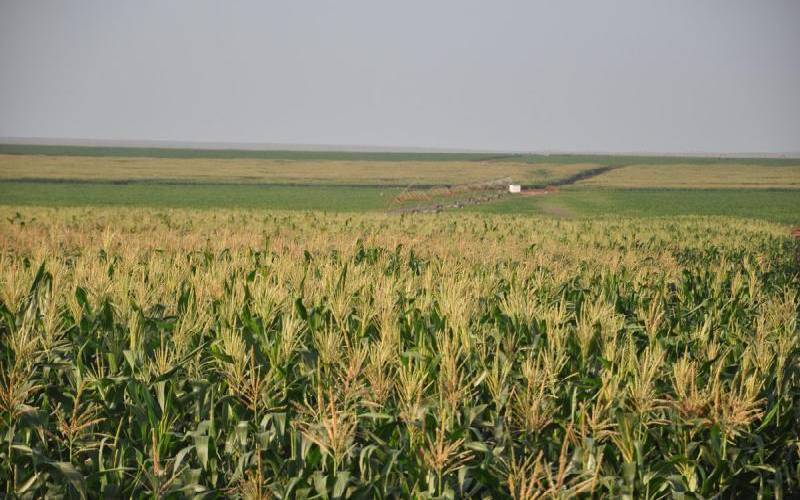×
The Standard e-Paper
Stay Informed, Even Offline

It is shameful when a country, whose main economic activity is agriculture, cannot grow enough to feed its populace. But that, sadly, is the case in Kenya.
At the moment, the Strategic Food Reserve (SFR) reportedly holds only a million bags of maize, an amount barely enough to feed the nation for the next two weeks. Already, the Government has warned that more than two million Kenyans are at risk of starvation beginning this month. The number of people in need of food aid stood at 1.6 million in May.